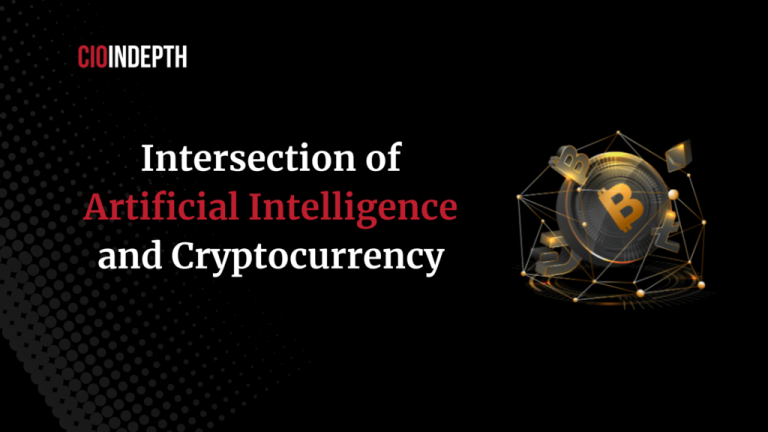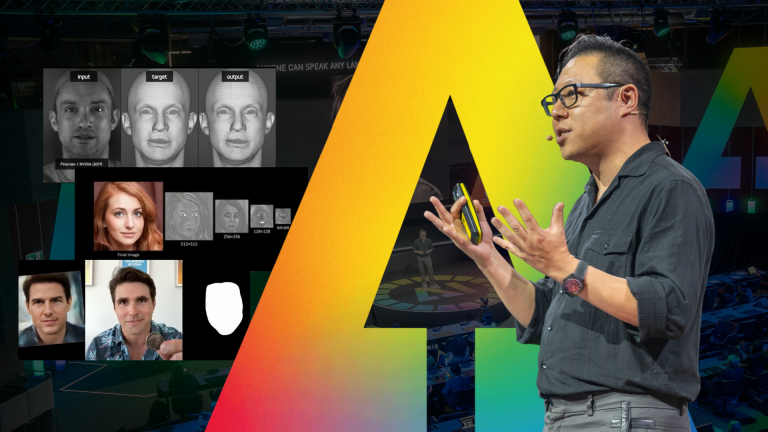OpenAI Confirms No Ongoing Training for GPT-5
OpenAI Confirms No Development on GPT-5
Those calling for a halt in AI advancements will find reassurance in OpenAI’s declaration that GPT-5 is not currently under development. During a recent remote appearance at an MIT event, OpenAI CEO Sam Altman addressed inquiries regarding AI and responded to computer scientist and podcaster Lex Fridman.
Altman affirmed that the team is not working on a fifth iteration of its Generative Pre-trained Transformer model, opting instead to enhance the existing capabilities of GPT-4. Responding to an open letter advocating for a six-month pause on training AI models larger than GPT-4, he acknowledged the need for safety and alignment with human values but critiqued the letter for lacking the necessary technical nuance regarding the development pause.
“An earlier version of the letter claims we are training GPT-5 right now. We are not, and won’t for some time. So in that sense, it was sort of silly,” Altman stated. “We are working on improvements to GPT-4 that present various safety challenges that need addressing.”
GPT-4 represents a notable advancement over its predecessor, GPT-3, which debuted in 2020 with 175 billion parameters, making it one of the largest language models available. Although OpenAI has not publicly disclosed the precise number of parameters for GPT-4, estimates suggest it could be around one trillion.
According to OpenAI, GPT-4 exhibits greater creativity and collaboration capabilities than previous models, along with enhanced problem-solving skills. For instance, in a simulated law bar exam, GPT-3.5 ranked within the bottom 10 percent, while GPT-4 achieved a spot in the top 10 percent.
As a leading AI research institution, OpenAI’s GPT models are employed across various sectors, including language translation, chatbots, and content generation. However, concerns regarding the safety and ethical implications of such expansive language models remain prevalent. Altman’s remarks indicate that OpenAI is cognizant of the challenges surrounding its models and is committed to addressing these issues.
While GPT-5 may not be on the immediate horizon, the ongoing improvements to GPT-4 and the development of additional models will likely continue to evoke discussions regarding the safety and ethical considerations of advanced AI.
Photo by Victor Freitas on Unsplash
The AI execution gap presents a significant challenge, as it has been observed that 80% of AI projects fail to transition into production. This gap highlights the disconnect between AI research and practical application in various industries.
Recent discussions in the educational sector have opened avenues for teachers in England to leverage AI technology, with guidelines now permitting its use in classrooms. This move aims to enhance the learning experience and keep pace with technological advancements.
The influence of AI extends into the cryptocurrency realm, where its applications are transforming how transactions and trading are conducted. As the market evolves, the role of AI in improving security and efficiency is becoming increasingly crucial.
Sam Altman, the CEO of OpenAI, has stated that we are entering a new era of superintelligence. This statement underscores the rapid advancements in AI capabilities and their potential implications for various sectors.

The AI Blockchain: What Is It Really?
The intersection of artificial intelligence and blockchain technology is garnering significant attention in recent years. The AI blockchain refers to the integration of AI capabilities with decentralized blockchain networks, creating opportunities for enhanced data integrity and security. By leveraging smart contracts and cryptographic algorithms, AI can guarantee the authenticity of data processed on the blockchain while enabling transparent decision-making processes.
One of the key benefits of combining AI with blockchain is the potential for improved efficiency. AI algorithms can analyze vast amounts of data stored on a blockchain in real-time, offering valuable insights that can influence various sectors such as finance, healthcare, and supply chain management. This synergy not only reinforces data accuracy but also diminishes the need for intermediaries, streamlining processes and reducing costs.
Ethical Considerations and Societal Impact
As with any transformative technology, the convergence of AI and blockchain raises ethical concerns that must be addressed. Issues such as data privacy, transparency, and algorithmic bias become even more crucial in applications where data integrity is paramount. Organizations must navigate these challenges responsibly to ensure the benefits of this technology are equitably shared.
Moreover, the societal implications are vast. The deployment of AI on blockchain platforms can enhance data-driven decision-making in public governance, promoting accountability and trust within communities. However, this advancement also necessitates a rigorous understanding of the underlying technologies to mitigate risks associated with misuse or unintended consequences.
Conclusion
The AI blockchain represents a promising frontier that combines the strengths of artificial intelligence and blockchain technology. While it holds the potential to revolutionize industries by enhancing efficiency and data security, it is imperative to prioritize ethical considerations and societal impacts as we move forward with these innovations.







